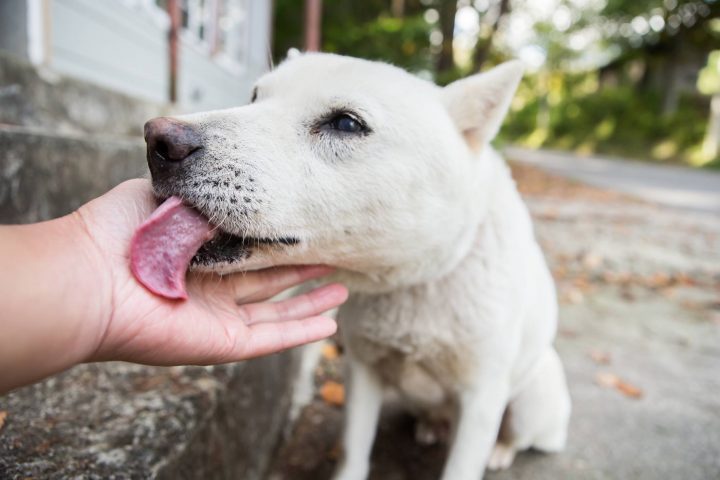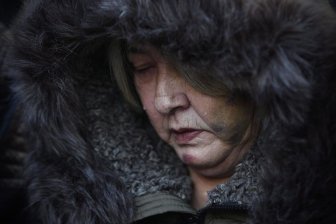While dog fostering and adoptions might be up due to the COVID-19 pandemic, some animal rescues are still struggling to pay the bills.

CC RezQs, a non-profit organization that rescues, rehabilitates and re-homes stray dogs from First Nations and rural communities, relies solely on donations and fundraisers.
But in the age of social-distancing and self-isolation, those fundraisers aren’t possible.
“We don’t have a facility, we just use a foster-home system,” said Cady Shaw, CC RezQs co-founder.
Typically, April is its biggest month for fundraising, bringing in close to $15,000, according to the rescue.
Shaw said most of the money covers vet bills, which can cost several thousands of dollars in some cases.
“We have cases, especially around this time of year, where dogs are having run-ins with porcupines,” Shaw said.
While it’s already spent $50,000 in vet bills this year, Shaw said the rescue isn’t “drowning as of yet.”
“It’s always something we need to think about and worry about,” Shaw said.
CC RezQs is still accepting donations, including new or gently-used items, dog food and money for vet bills.
- What is a halal mortgage? How interest-free home financing works in Canada
- Capital gains changes are ‘really fair,’ Freeland says, as doctors cry foul
- Ontario doctors offer solutions to help address shortage of family physicians
- Budget 2024 failed to spark ‘political reboot’ for Liberals, polling suggests
Shaw said people can donate directly to Lakewood Animal Hospital to help pay for existing and future bills.
CC RezQs will focus on online fundraisers.
Information can be found on its Facebook and Instagram pages.
Questions about COVID-19? Here are some things you need to know:
Health officials caution against all international travel. Returning travellers are legally obligated to self-isolate for 14 days, beginning March 26, in case they develop symptoms and to prevent spreading the virus to others. Some provinces and territories have also implemented additional recommendations or enforcement measures to ensure those returning to the area self-isolate.
Symptoms can include fever, cough and difficulty breathing — very similar to a cold or flu. Some people can develop a more severe illness. People most at risk of this include older adults and people with severe chronic medical conditions like heart, lung or kidney disease. If you develop symptoms, contact public health authorities.
To prevent the virus from spreading, experts recommend frequent handwashing and coughing into your sleeve. They also recommend minimizing contact with others staying home as much as possible and maintaining a distance of two metres from other people if you go out.
For full COVID-19 coverage from Global News, click here.










Comments